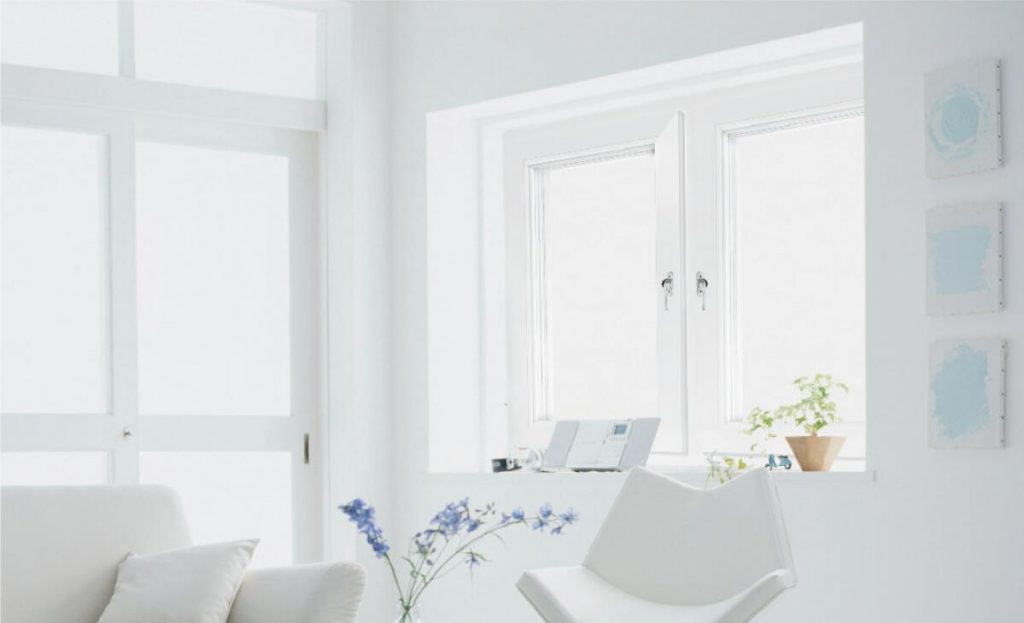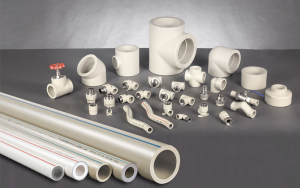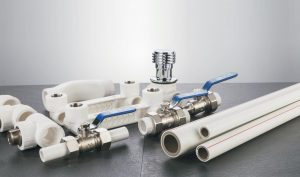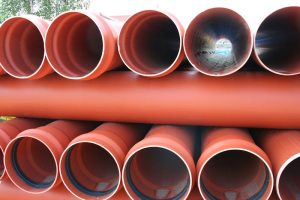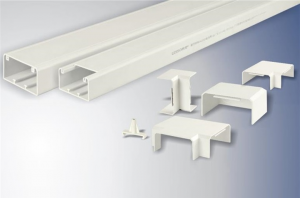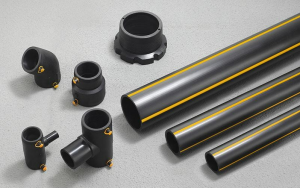Table of Contents
Are you in the process of selecting windows for your home and are torn between UPVC and aluminum? It can be a difficult decision. There are many pros and cons of aluminum windows and UPVC windows.
This article will provide you with an in-depth comparison of the two, discussing factors such as durability, maintenance, energy efficiency, and aesthetics. This will allow you to make an informed decision on which type of windows to choose.
Let the professionals at Lesso guide you in choosing between aluminum and UPVC windows for your home. With their expertise, they can help you make an informed decision based on your specific needs and preferences. Contact LESSO today for expert advice and ensure you select the perfect windows for your home.
What Is UPVC Windows?
UPVC windows, or un-plasticized polyvinyl chloride windows, are made from a rigid and durable material. The UPVC window frame is constructed using this material, which offers excellent resistance to rot, corrosion, and termite damage.
Made with UPVC windows material, these types of frames are known for being low maintenance, resistant to moisture, and able to withstand harsh weather conditions. It’s a reliable and long-lasting option for window frames in residential homes.
What Are Aluminum Windows?
Aluminum window frames are a popular choice for homeowners. These windows are constructed using lightweight aluminum as the primary material for the frames. With their sleek and modern appearance, aluminum-made windows can enhance the overall aesthetic of any space.
There are many pros and cons of these types of windows to consider. It is worth noting that they may require periodic maintenance, particularly in coastal areas, to prevent corrosion. Despite this, their many benefits make them a sought-after choice for those looking for both style and durability in their windows.
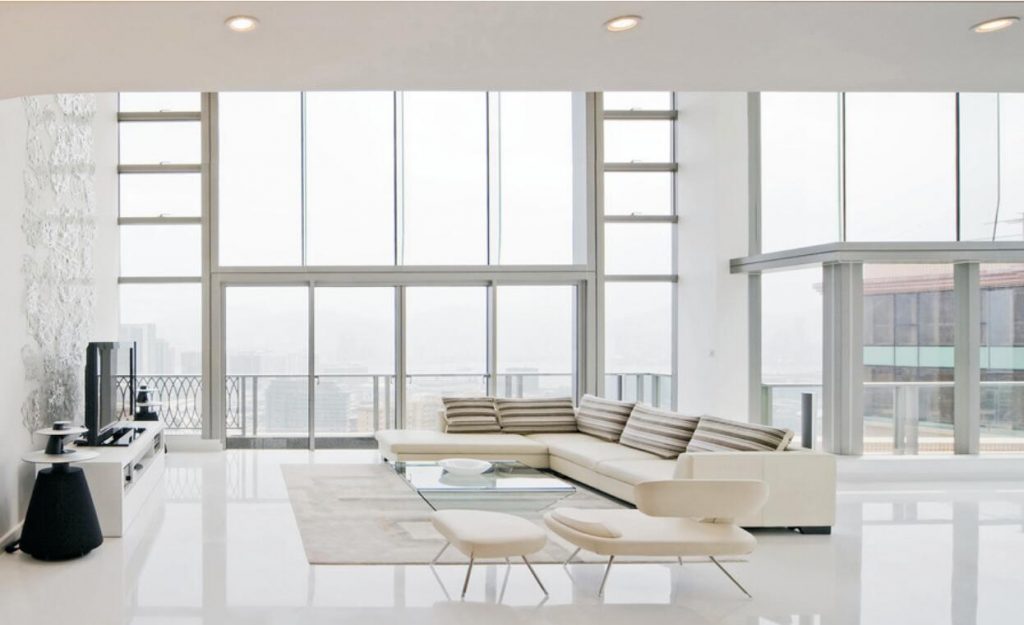

UPVC Windows Vs Aluminum Windows
1. Durability
UPVC windows are durable, resistant to rot, corrosion, and termites, and can withstand harsh weather conditions. They are low maintenance but may fade over time. Aluminum-made windows are lightweight, strong, and highly resistant to corrosion and extreme weather.
However, they can experience thermal expansion issues and may require periodic maintenance. Both window types can have a long lifespan if properly maintained. The choice depends on specific requirements and budget.
2. Common Applications
Both types of windows are utilized in various applications, each offering distinct advantages. UPVC windows are commonly found in residential properties, as they provide excellent thermal insulation, soundproofing, and low maintenance requirements. They are particularly suited for homes in moderate climates.
On the other hand, aluminum windows are frequently employed in commercial buildings and contemporary architectural designs. Their strength, sleek appearance, and resistance to harsh weather conditions make them a popular choice for modern structures where durability and aesthetics are paramount.
3. More Choices
When it comes to having choices, both UPVC and aluminum windows offer a range of options to suit different needs and preferences. A UPVC window frame can come in various colors and finishes, allowing for customization and seamless integration with the home’s design.
Aluminum window frames, on the other hand, provide versatility with sleek profiles and large glass areas, enabling expansive views and maximizing natural light. Whether you prioritize customization or modern aesthetics, both materials offer choices to match your desired style.
4. Environment-Friendliness
When considering the environmental impact, UPVC windows and aluminum windows have distinct characteristics. They offer a relatively low carbon footprint, as they are energy-efficient in terms of insulation, reducing heating and cooling demands. They are also recyclable, making them a sustainable choice.
Aluminum window frames, while also recyclable, require more energy during production and have a higher carbon footprint. However, aluminum is a highly durable material that can last for decades, potentially offsetting its initial environmental impact over its lifespan. Balancing energy efficiency and recyclability, both options offer environmentally friendly aspects to consider.
5. Strength
When it comes to strength, aluminum windows have the advantage. Aluminum is a robust material known for its structural integrity and ability to withstand various external forces. It is highly resistant to impacts and provides enhanced security. UPVC windows, although durable, are not as strong as aluminum.
However, UPVC windows can still offer sufficient strength for residential applications. The choice between the two materials depends on the specific strength requirements of the project and the level of security desired.
6. Insulation
When it comes to insulation, UPVC windows outperform aluminum. UPVC has excellent thermal insulation properties, creating a barrier that helps to prevent heat transfer and maintain a comfortable indoor temperature. This insulation capability helps to reduce energy consumption for heating and cooling purposes, resulting in potential energy savings.
In contrast, aluminum is a conductor of heat and cold, making aluminum-framed windows less effective at insulation. Additional measures such as thermal breaks and double glazing can be incorporated in an aluminum window frame to improve their insulation, but UPVC inherently provides better insulation performance.
7. Maintenance
When it comes to maintenance, UPVC windows have the advantage of being low maintenance. UPVC frames do not require painting or sealing and are resistant to rot, corrosion, and termite damage. They can be easily cleaned with soap and water.
On the other hand, aluminum framed windows may require more maintenance. While aluminum is naturally resistant to corrosion, periodic lubrication of moving parts may be needed to prevent issues.
8. Security
Regarding security, both types of windows can provide adequate protection, but aluminum windows are generally considered to be more secure. Aluminum is a robust material that offers excellent resistance against forced entry. Additionally, aluminum windows can be fitted with multi-point locking systems and reinforced glass for enhanced security.
While UPVC windows are also secure, aluminum frames are often preferred for commercial buildings or areas where added security is a primary concern. However, it’s important to note that the overall security of windows depends on factors like quality of hardware, installation, and additional security measures implemented.
9. Soundproofing
Soundproofing is another thing to consider when comparing different window frames. UPVC windows offer better insulation against noise compared to aluminum ones. The inherent properties of UPVC, such as its density and ability to create a tight seal, make it effective at reducing external noise infiltration.
This is especially beneficial for homes located in busy areas or near sources of noise. While aluminum window frames can still provide some level of sound insulation, they are not as effective as UPVC in blocking out unwanted noise. To further enhance soundproofing, double-glazing or laminated glass can be incorporated into both UPVC and aluminum frames.
10. Longevity
When considering longevity, both aluminum and UPVC windows can have a long service life with proper care. UPVC window frames are resistant to rot, corrosion, and termites, making them durable over time.
Aluminum-framed windows, known for their strength, can last for decades. Ultimately, the longevity of the windows depends on factors such as quality, maintenance, and environmental condition.
As a final note, we highly recommend homeowners to take advantage of the opportunity to customize your door and window selections. This ensures an optimal match with your individual home environment, local climate, and personal style preferences.


Why UPVC Windows and Doors are So Popular
Table of Contents UPVC windows and doors are popular in the US and European countries. All the credit goes to the appealing look and enhanced
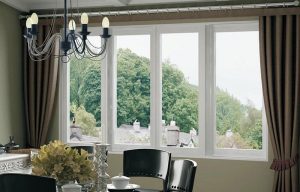

What Type of Doors and Windows are Best for Coastal Areas?
Table of Contents The Harsh Coastal Environment Living close to coastal areas brings you many health and mental benefits. Yes, you may enjoy the bright


